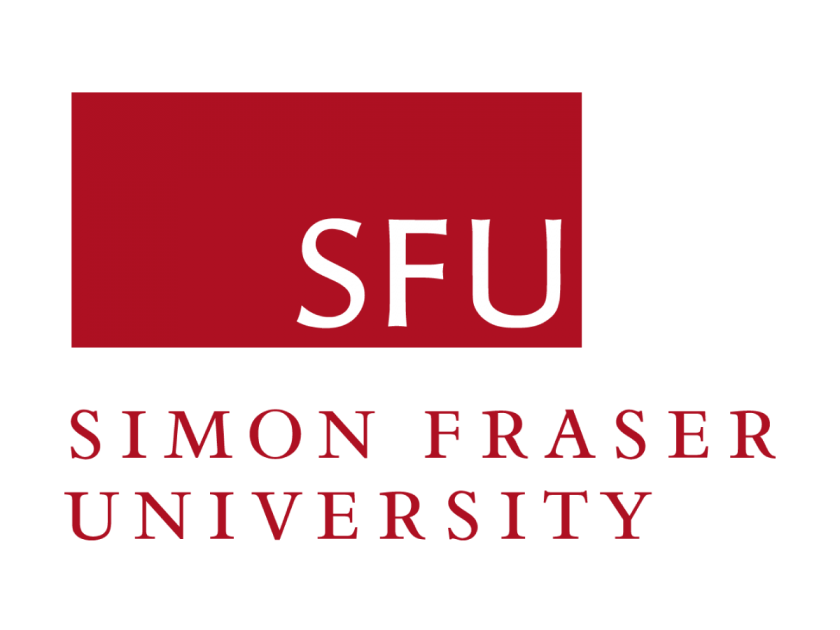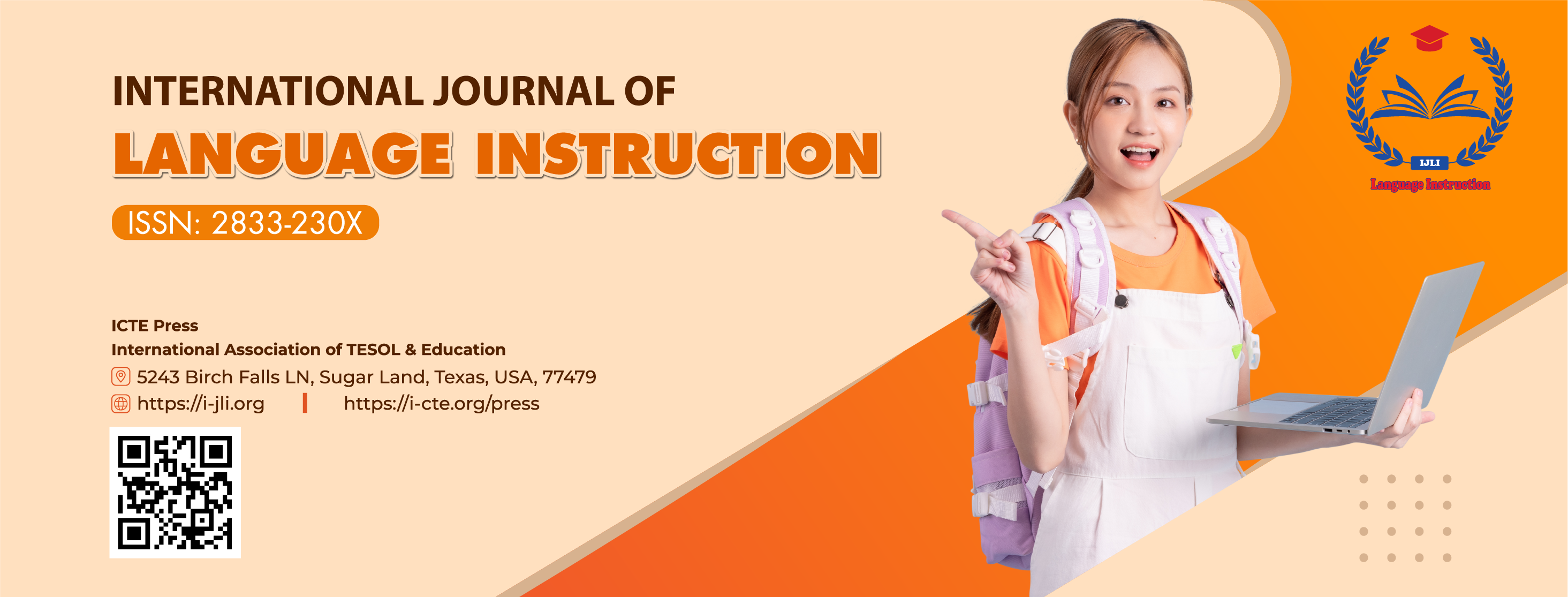Standard & Responsibilities
The mission of the International Journal of Language Instruction (IJLI) is to contribute to the literature of instruction by publishing high-quality studies in the areas of languages and linguistics, theories of language teaching/learning, e-learning, Teaching methodologies, pedagogies & language Teaching, translation and interpretation, teacher education, educational technology, quality assurance in education, cultural studies, and other learning instructional issues. As a peer-reviewed journal, one of our priorities is to ensure high standards of publishing. Publication ethics is an important concern and editors, peer-reviewers and authors should pay great attention to meeting ethical standards.
For Editors of IJLI
To ensure editorial ethics, editors are careful not to discriminate against authors with respect to gender, religious or political beliefs, ethnic or geographical origin and handle all articles/submissions, in the same way, so as to assess academic merit only. Every submission to the IJLI will be evaluated in the same way and ethical complaints will be subject to reasonable procedures as follows;
Any unethical behavior or misconduct reported to or noticed by editors will be thoroughly investigated. Identification of the violation will entail further procedures. Any suspicious case will be taken seriously and an initial decision should be made by the editors.
If the initial decision of the editor approves unethical behavior or misconduct, all the evidence will be collected and further negotiated with a group of editorial board members formed to deal with the case. In case of minor misconduct, the editor will keep the group small and the editor will give the author the chance to respond. If there is serious misconduct, then the employers of the accused may needed to be notified of the case. The involvement of the employer should be decided as a result of an investigation and consultation with editorial board members and experts.
Consequences of ethical violation or misconduct may include informing or educating the author or reviewer where there appears to be a misunderstanding or misapplication of acceptable standards. Further, a strongly worded letter may e issued to the author or reviewer covering the misconduct and as a warning to future behavior. If the case is very serious and the editorial board members decide to do so, formal notice or even an editorial detailing the misconduct may be published. If the case requires, a formal letter may be sent to the head of the author’s or reviewer’s department or funding agency. And in case the violation or misconduct is out of reach of editorial board members and requires further investigation, then the case and outcome may be reported to a professional organization or higher authority for further investigation and action.
For Reviewers of IJLI
Reviewers should review the manuscripts in an objective way and in a timely manner so that they can contribute to the decision-making process, and assist in improving the quality of the published paper. They should maintain the confidentiality of any information supplied by the editor or the author and not retain or copy the manuscript. It is the reviewers’ responsibility to alert the editor to any published or submitted content that is substantially similar to that under review. They should be aware of any potential conflicts of interest (financial, institutional, collaborative, or other relationships between the reviewer and author) and alert the editor to these if necessary withdrawing their services for that manuscript.
For Authors of IJLI
Authors should maintain accurate records of data associated with their submitted manuscript, and provide access to these data, upon reasonable request. They should keep the data associated with their manuscript in a suitable repository for sharing and further use by others where appropriate and where allowed by employers, funding bodies, and others who might have an interest in the data. Authors must confirm/assert that the manuscript as submitted is not under consideration or accepted for publication elsewhere. Where portions of the content overlap with published or submitted content, those sources must be acknowledged and cited. Additionally, authors must provide the editor with a copy of any submitted manuscript that might contain overlapping or closely related content.
Authors must confirm that all the work in the submitted manuscript is original and acknowledge and cite content reproduced from other sources. It is the author's responsibility to obtain permission to reproduce any content from other sources. Authors should obtain express permission from human subjects and respect their privacy.
Authors should notify our editors promptly if a significant error in their publication is identified. They shall cooperate with the editor and publisher to publish an erratum, addendum, corrigendum notice, or retract the paper, where this is deemed necessary.






